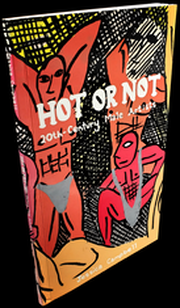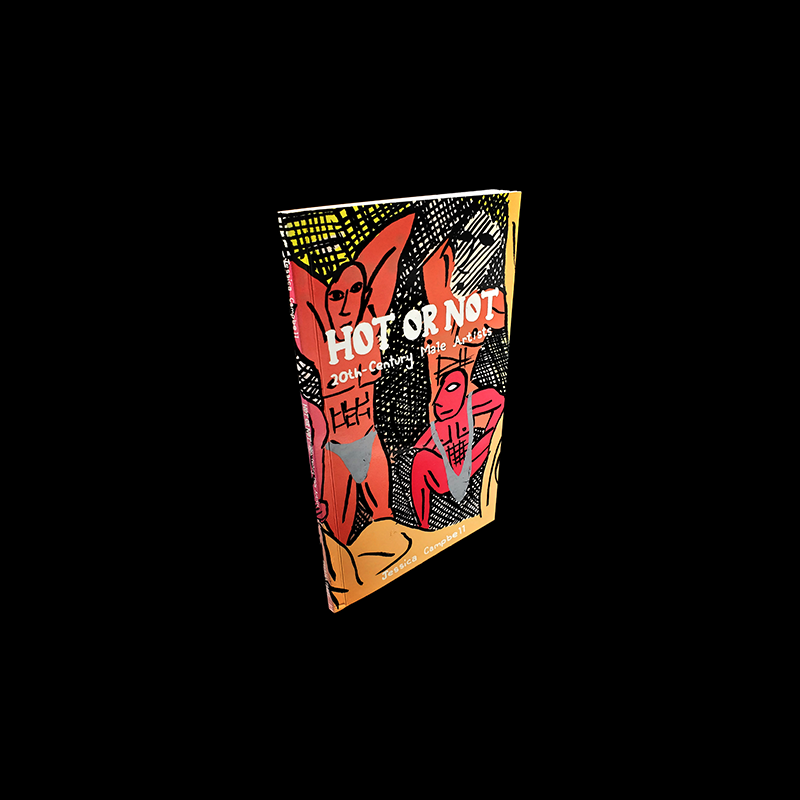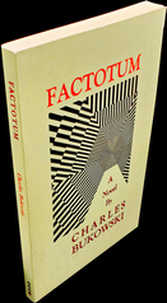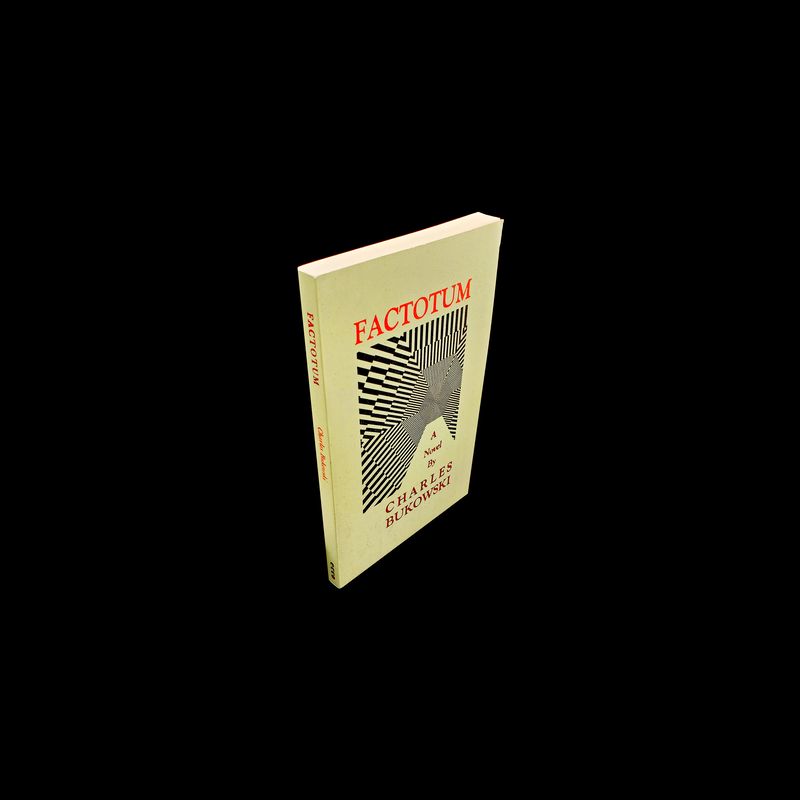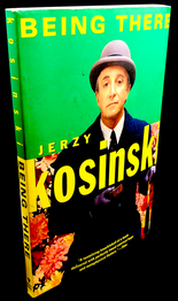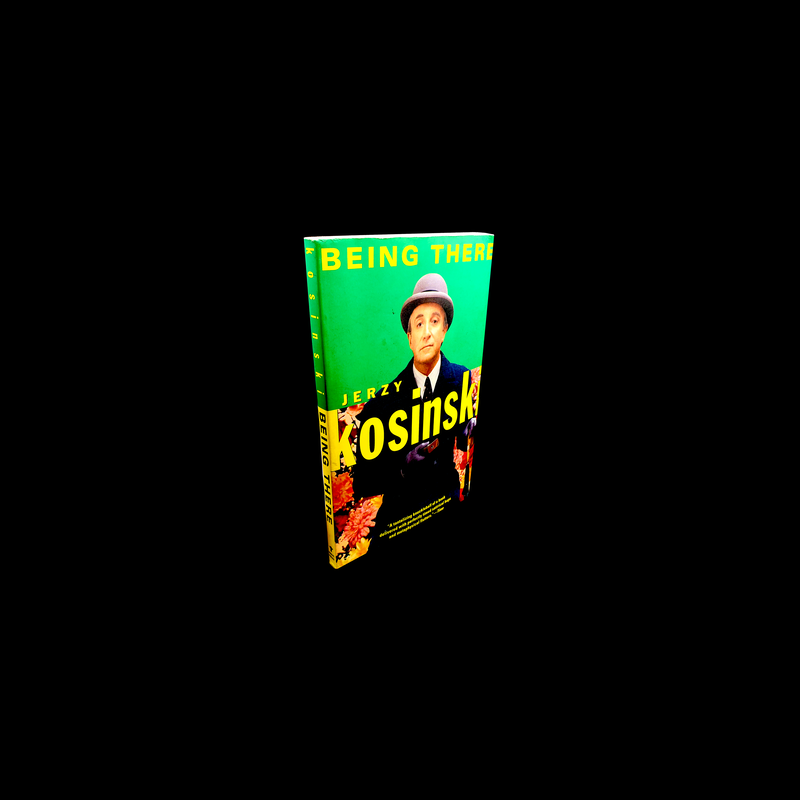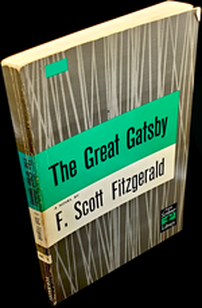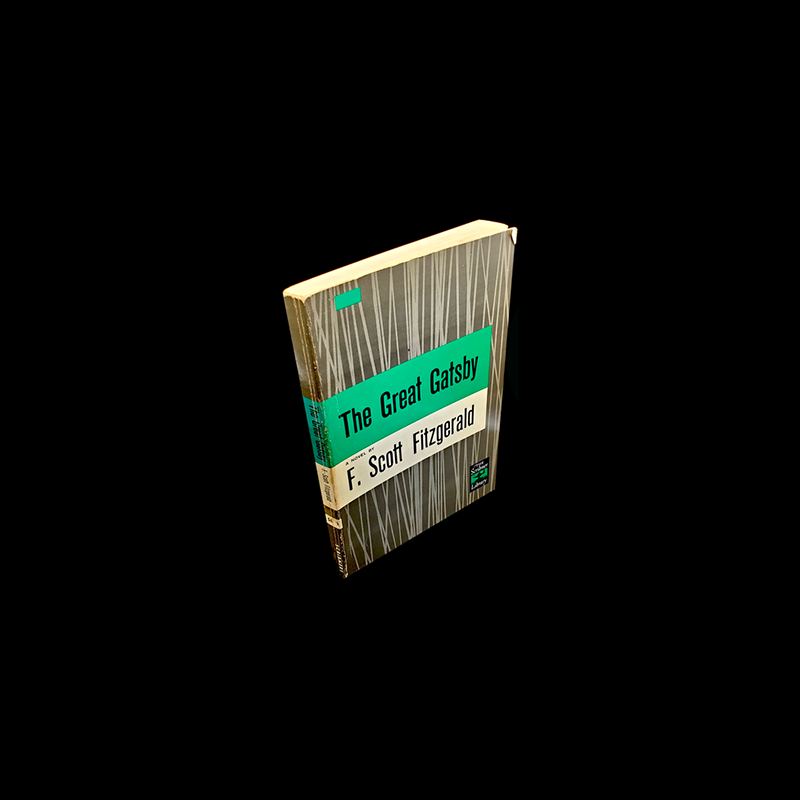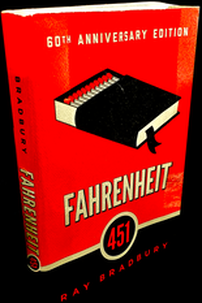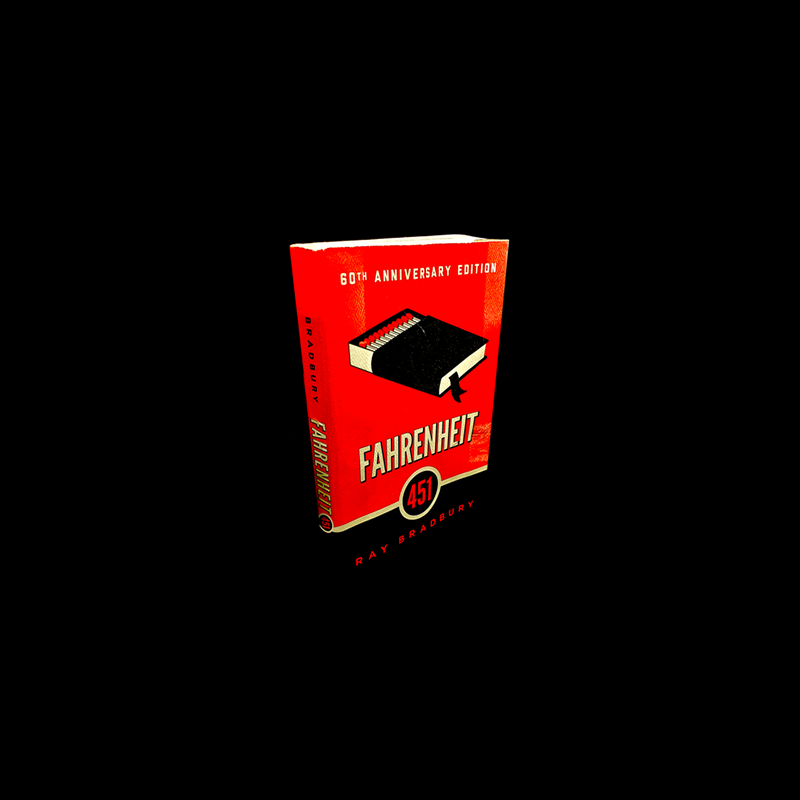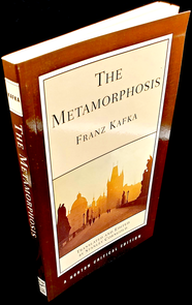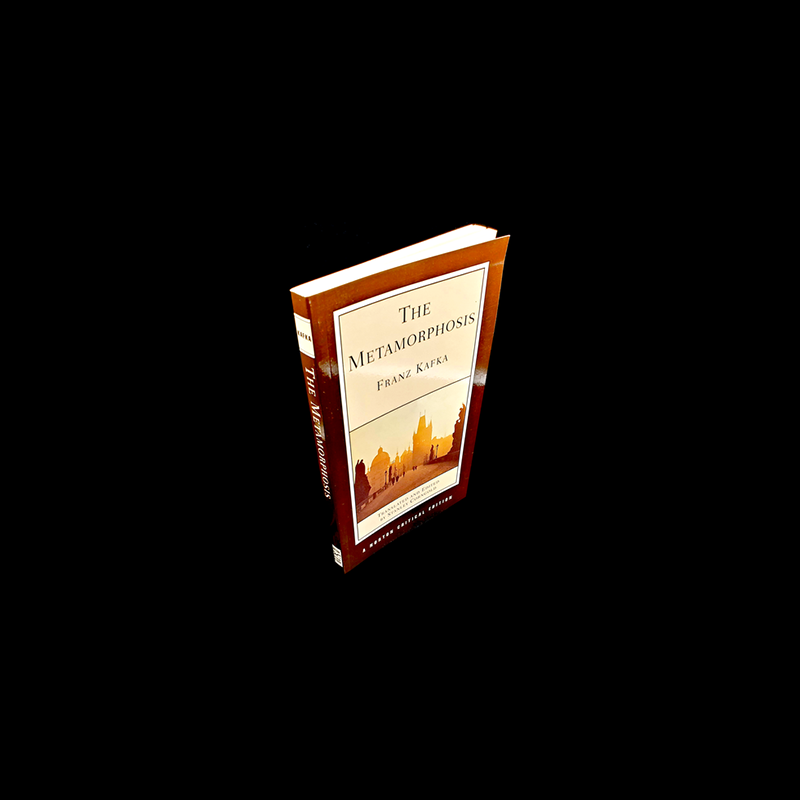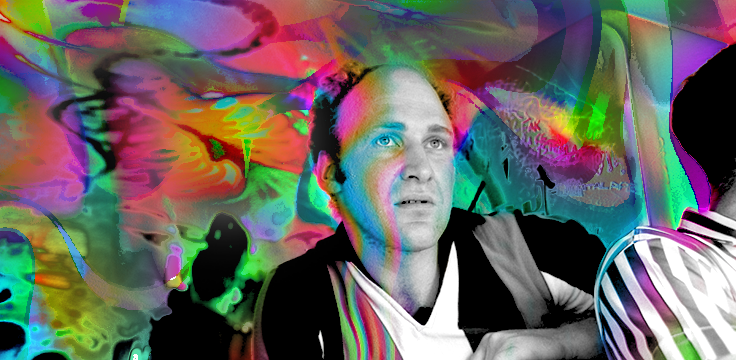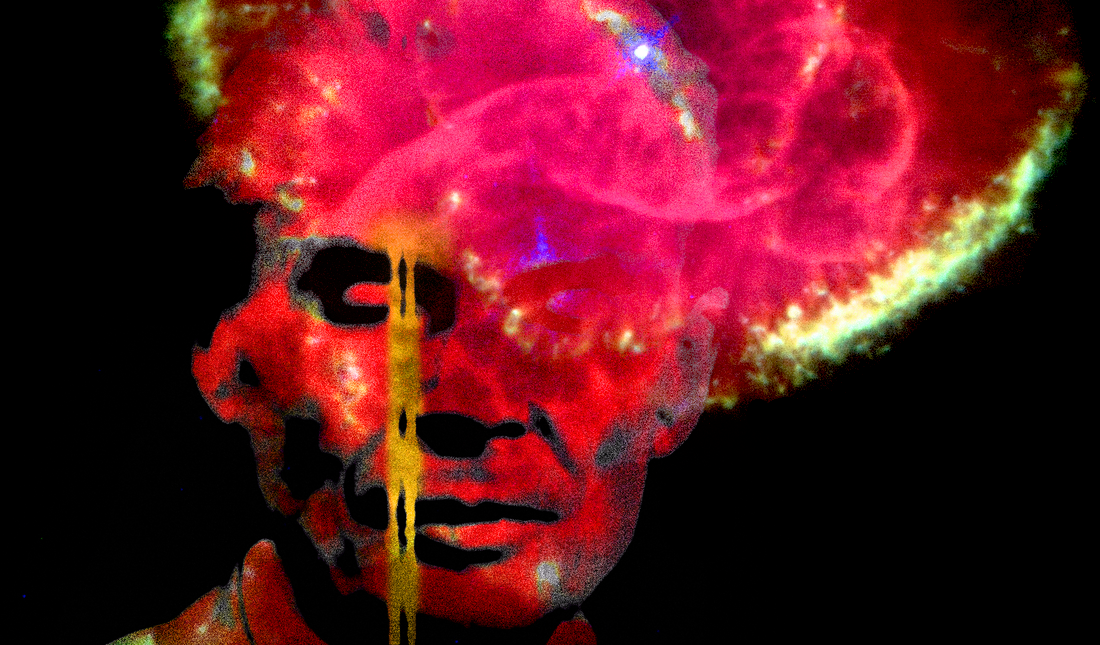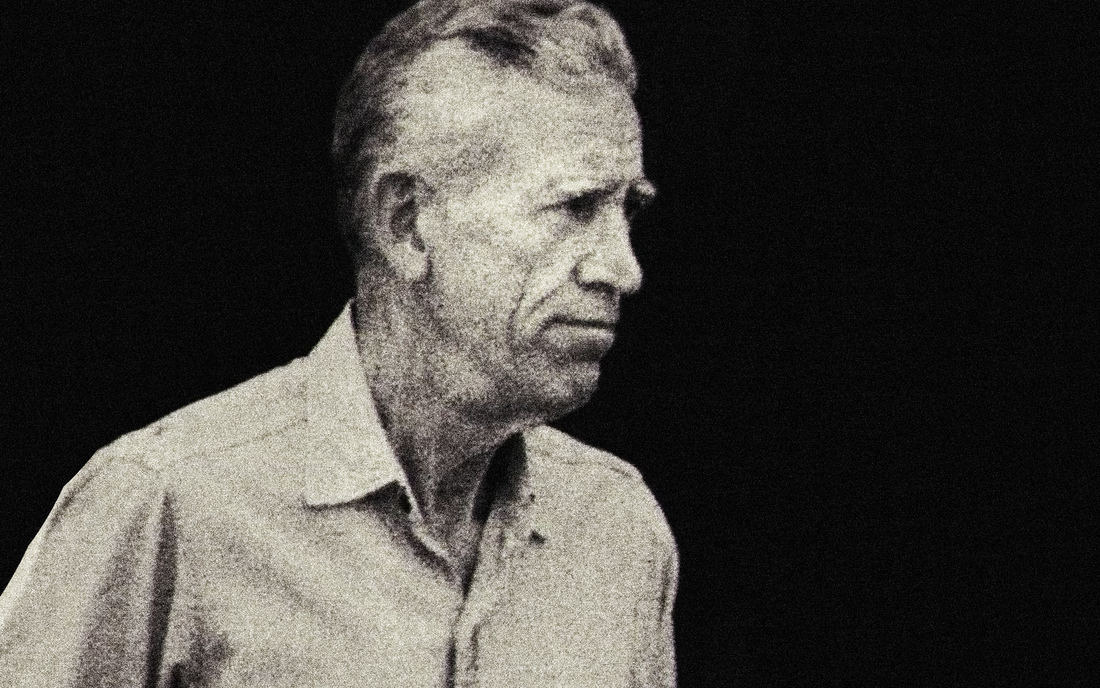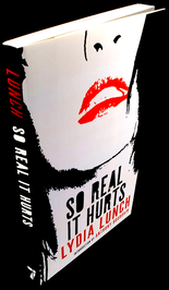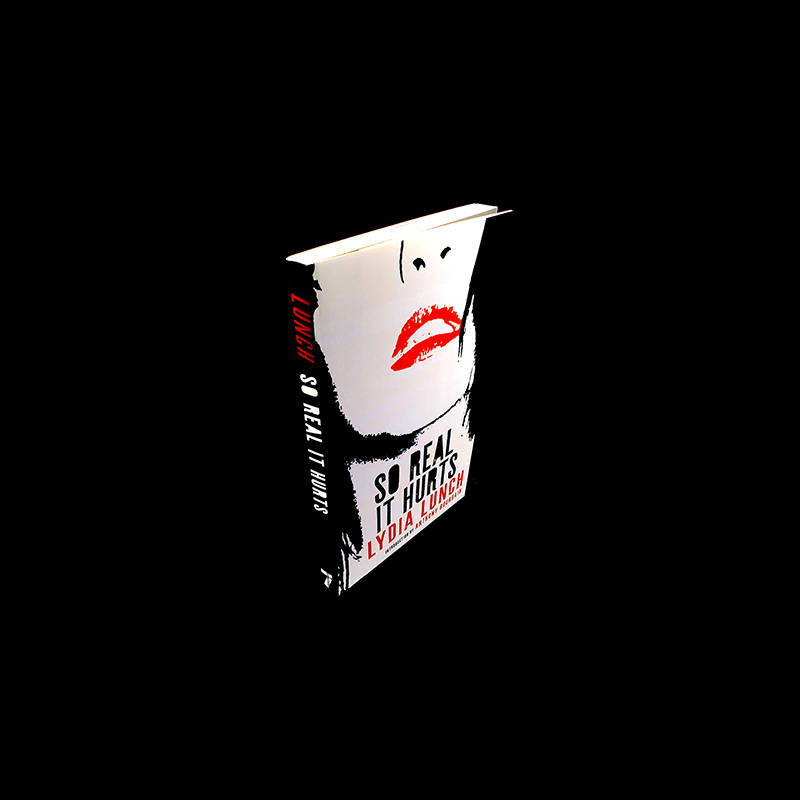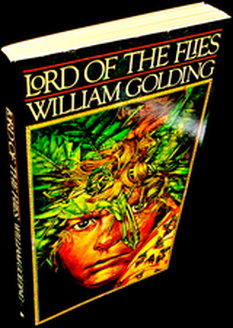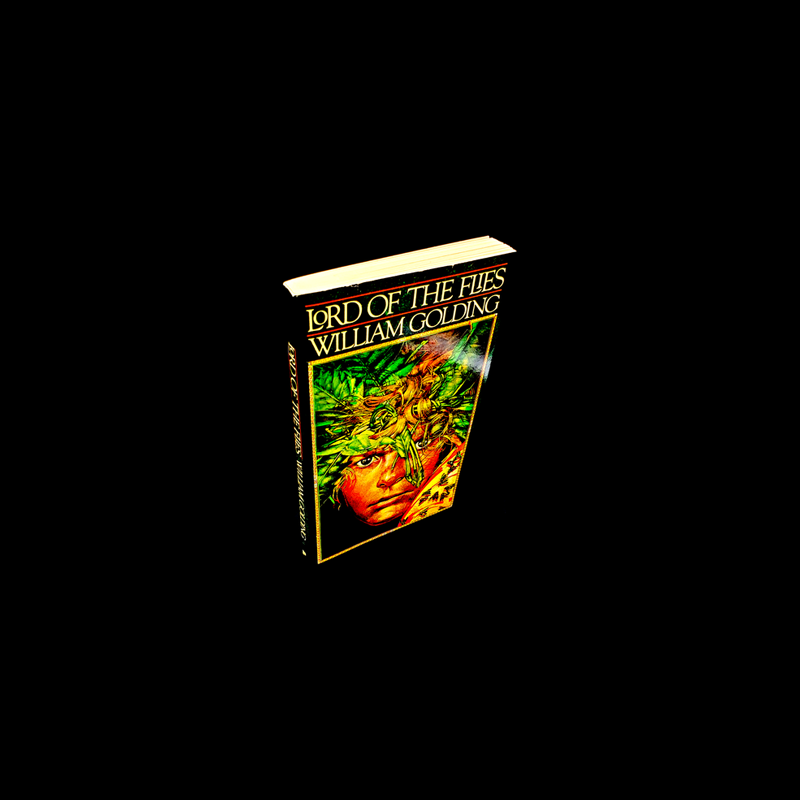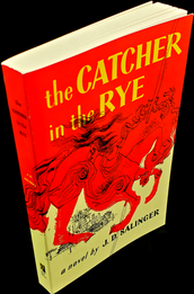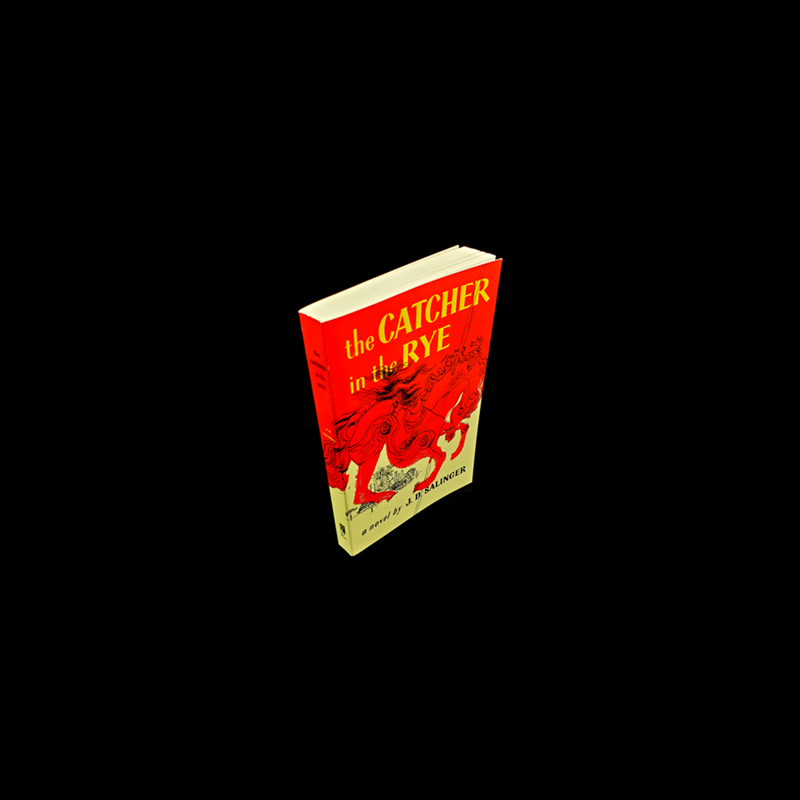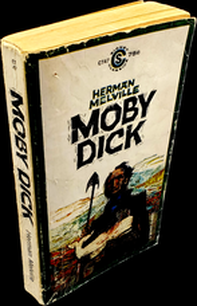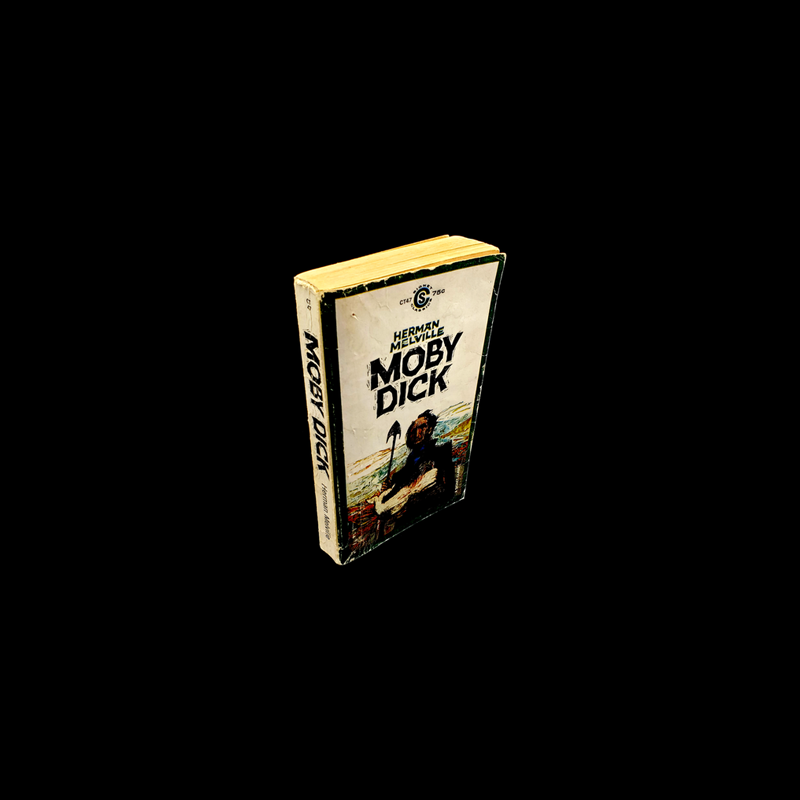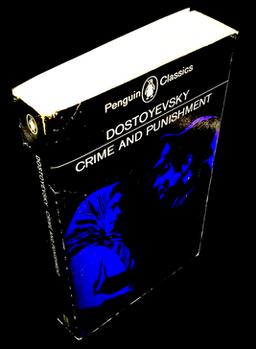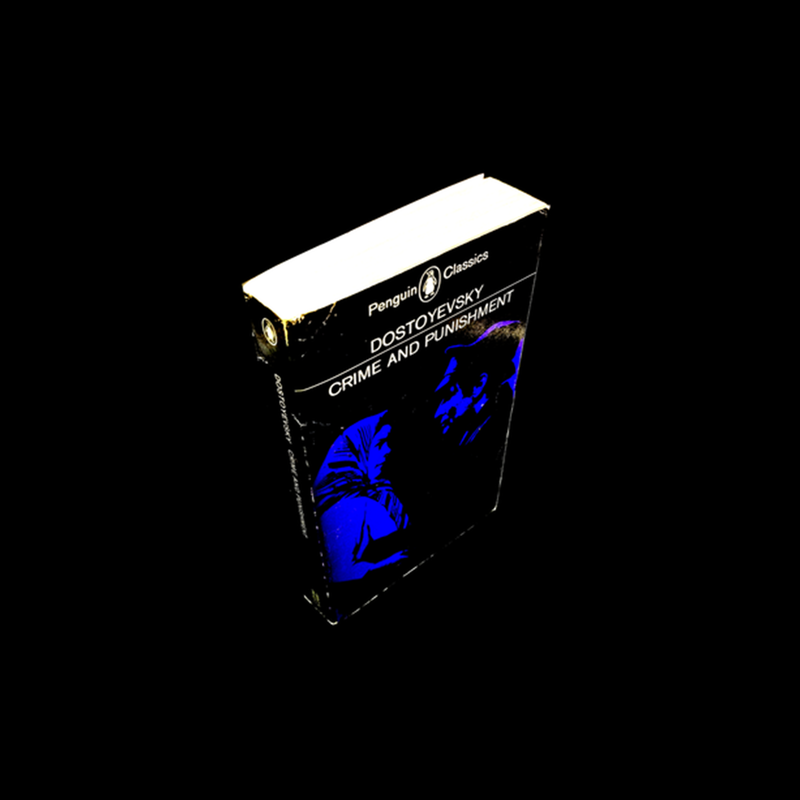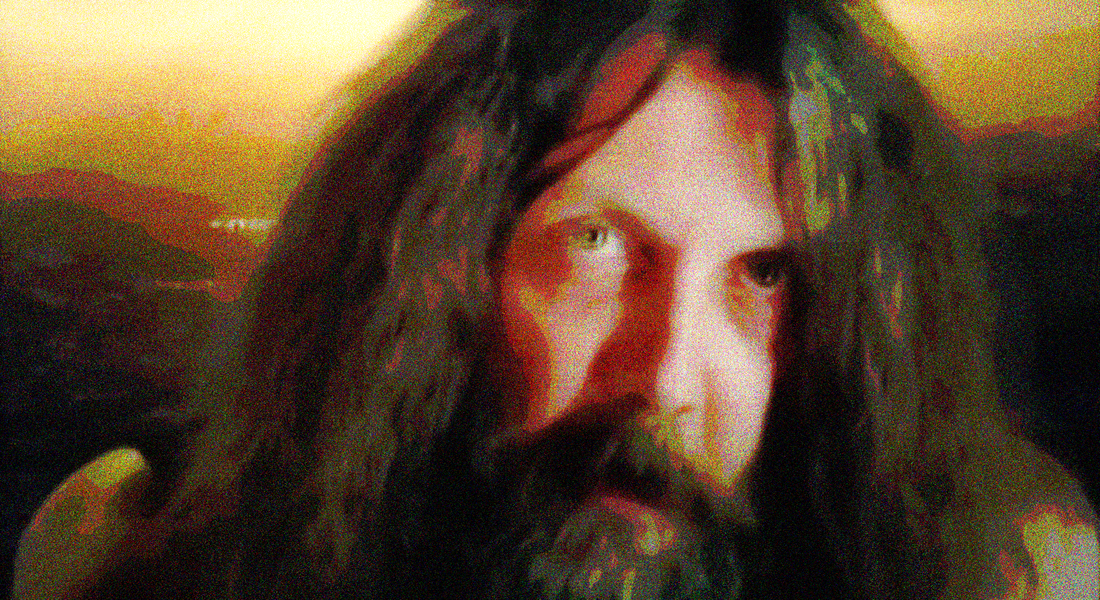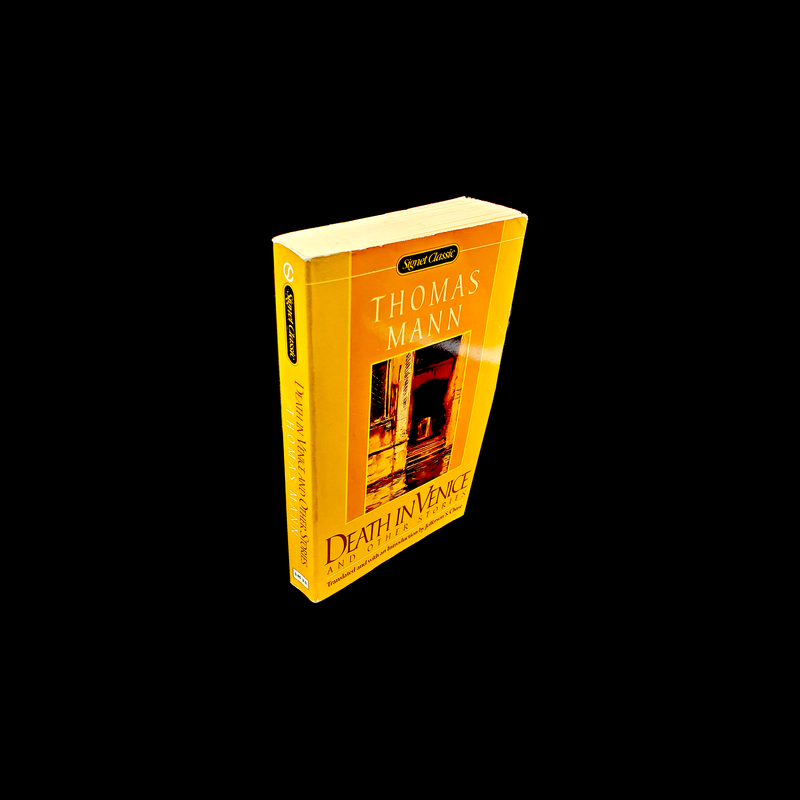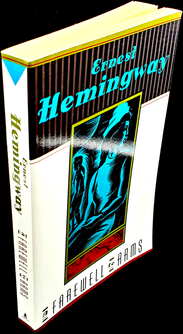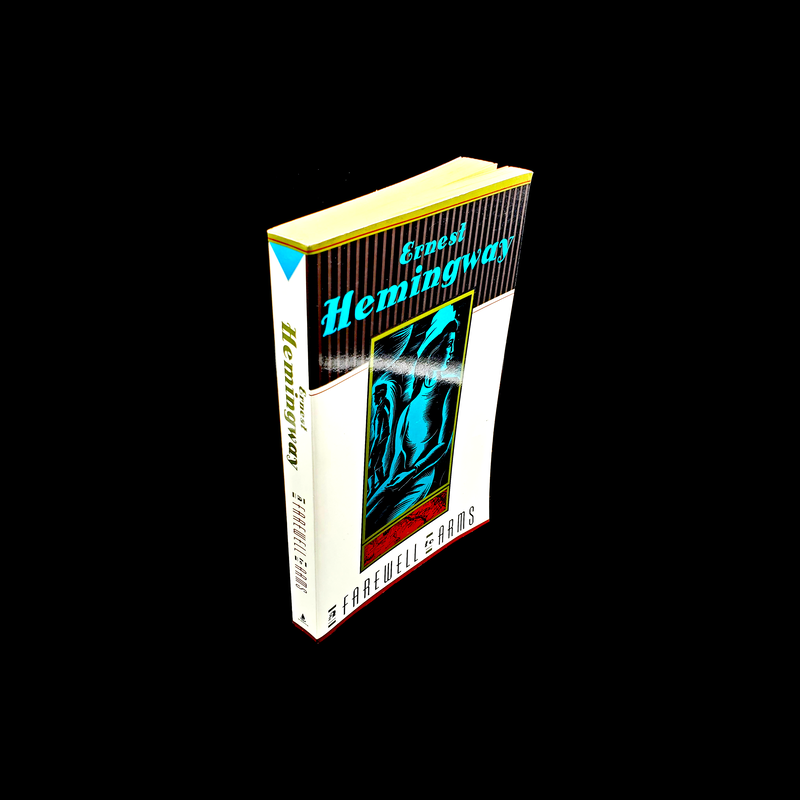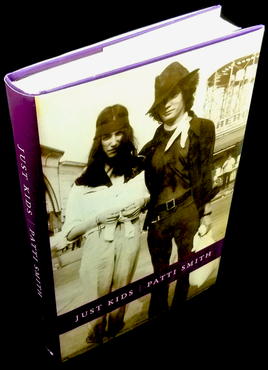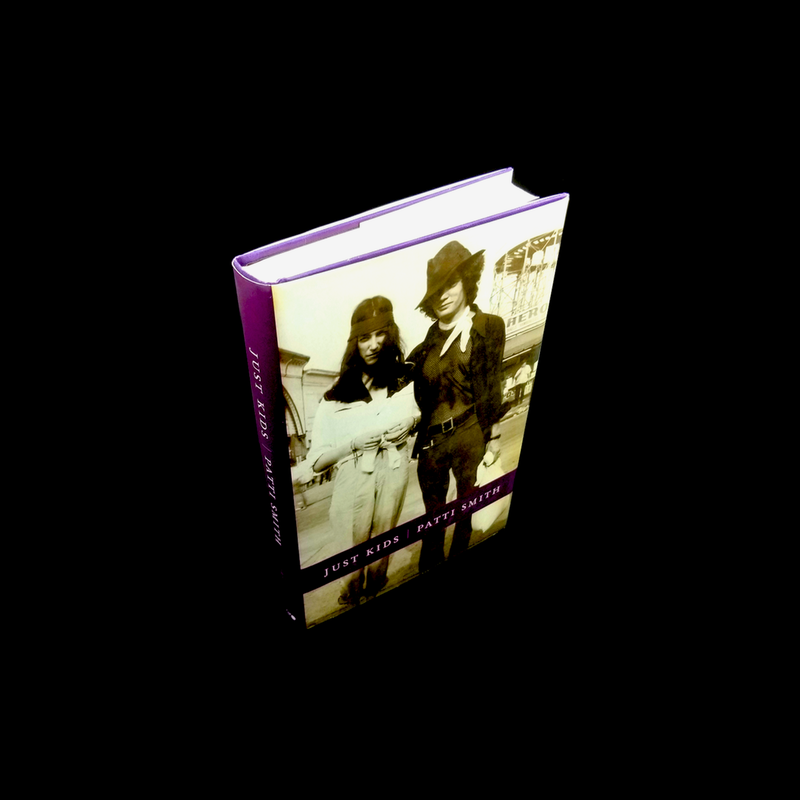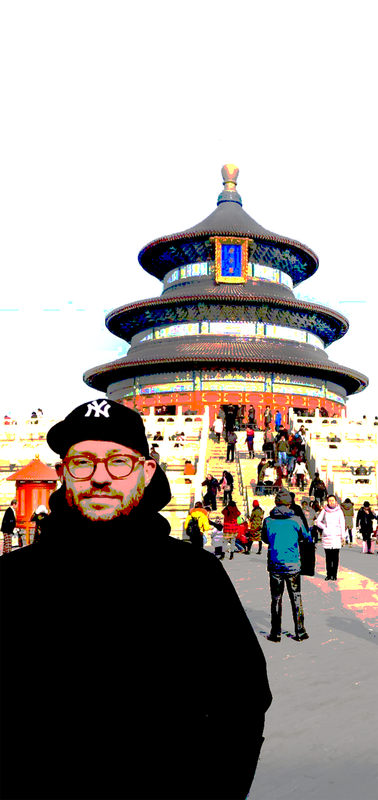|
photo & text by nacrowe
the much REVERED SWISS PSYCHOLOGIST CARL JUNG once theorized at length about the NATURE of our sense of INDIVIDUAL IDENTITY, or PERSONALITY, and argued that such was made up of two COMPONENTS, those being the PERSONA and the SHADOW. in essence our PERSONA is the mask we wear in social situations whereas the SHADOW encapsulates all of the HIDDEN aspects we unconsciously choose to REPRESS. the SHADOW is the VOLATILE, highly EMOTIONAL aspect of our IDENTITY built on POWERFUL emotions like FEAR, GUILT, REMORSE and DISGUST, and is accordingly REPRESSED from our CONSCIOUSNESS due to the fact that we consciously deem such impulses to be HARMFUL to others, EVIL, DETRIMENTAL to our own health and socially UNACCEPTABLE. according to JUNG, when we witness ASPECTS of others we find REPULSIVE or DESPICABLE, such are aspects of our own PERSONALITY that we REPRESS and wish to avoid confronting. such is PROJECTION, which is a POWERFUL PSYCHOLOGICAL PHENOMENA.
of course JUNG was just a small child when NOTED IRISH PLAYWRIGHT OSCAR WILDE wrote his INFAMOUS, and now much CELEBRATED, GOTHIC NOVEL THE PICTURE OF DORIAN GRAY (WARD, LOCK AND COMPANY, 1891), but it functions on a shared sense of the DUALITY of our INDIVIDUAL IDENTITY, that which we present and REPRESS to society at large. the plot of the NOVEL revolves around in an aristocrat who agrees to a FAUSTIAN BARGAIN in which he is granted eternal youth and beauty in exchange for his SOUL, the kicker being that a painted self-portrait of his will record and showcase the TRUE NATURE of his sins. GOTHIC NOVELS are focused on the SUBLIME and SUPERNATURAL aspects of NATURE as a METAPHOR for our INTERNAL MORAL UNIVERSE and THE PICTURE OF DORIAN GRAY is no different. the NOVEL was considered CONTROVERSIAL at the time of publication due to its portrayal of a libertine engaging in HEDONISM without remorse in a decidedly DEBAUCHED manner given the CONSERVATIVE VICTORIAN mores of the era. although the characters are HETEROSEXUAL in the novel, there is an understanding that the way they are depicted is informed with HOMOEROTIC STYLE and SENSIBILITY. WILDE being famously jailed for trumped up "GROSS INDECENCY" charges related to his own HOMOSEXUALITY that ultimately led to his DOWNFALL, was more than familiar with leading a double existence. one in which you presented to POLITE society and the other you REPRESS unless among SUPPORTIVE company. in this manner it is difficult to not read THE PICTURE OF DORIAN GRAY as a biting critique for the ages of the INHERENT HYPOCRISY at the heart of VICTORIAN ENGLAND. it also acts as a PERENNIAL MARKER of how we collectively relate to our own SHADOW's needs and desires that we unknowingly REPRESS as a CULTURE. for years such was related to aspects of RACE, CLASS, SEXUAL ORIENTATION, CREED and/or GENDER IDENTITY (note: for some conservatives in MODERN AMERICA such REPRESSED feelings still remains unquestionably intact), but i wonder what such will be moving forward. since such is part of our HUMAN NATURE, it is a POWERFUL PSYCHOLOGICAL PHENOMENA after all. we will always project unto each other that which we dont wish to identify in ourselves, irregardless of its AUTHENTICITY. for me that engagement with the SHADOW is the joint power and CULTURAL LEGACY of JUNGIAN THEORY and THE PICTURE OF DORIAN GRAY.
0 Comments
photo & text by nacrowe
long the PROTOTYPICAL AFRICAN NOVEL included in COUNTLESS required stateside underclassman WORLD LITERATURE courses, THINGS FALL APART (WILLIAM HEINEMANN LTD, 1958) by the ICONIC NIGERIAN author CHINUA ACHEBE is a CLASSIC unto itself. the PLOT revolves around the rise and fall of the FICTIONAL figure of OKONKWO, a preternaturally GIFTED, LOCAL clan leader in PRECOLONIAL IGBOLAND.
for those UNFAMILIAR with the WEST AFRICAN nation of NIGERIA, the BRITISH colonized such in the late 19th century after effectively seizing such by agreement from the PORTUGUESE who had been in the area dating back to the mid-15th century. both sought the area for its RESOURCES in terms of PALM OIL, TIN, COTTON, COCOA and SLAVES. NIGERIA gained its independence from the UNITED KINGDOM in 1960, two years after the publication of THINGS FALL APART. in true BRITISH fashion, the departing colonizers combined three historically COMPETING tribes (YORUBA, HAUSA, IGBO) against each other in the VOLATILE formation of the nation which quickly resulted in the especially BLOODY BIAFRAN WAR after the IGBOs attempted secession in 1967. the IGBOs ANCESTRAL HOMELAND is that of the SOUTHEASTERN COASTAL REGION of the country with BOUNTIFUL PETROLEUM RESERVES that have resulted NIGERIA with becoming a textbook example of the RESOURCE CURSE of developing nations with an economy dominated by a EFFECTIVE MONOCULTURE or reliance on a SINGLE COMMODITY. all that being said, what made THINGS FALL APART an INTRIGUING NOVEL worthy of inclusion in the canon of WORLD LITERATURE was due to its structure. ACHEBE was raised by PROTESTANT parents and thus was given a TRADITIONAL ANGLICAN education regarding the bible as well as the classics. THINGS FALL APART is NOTABLE in that it combines the ORAL FOLK TRADITIONS of the IGBOs with the NARRATIVE STRUCTURE surrounding the TRAGIC HERO first provided by the ANCIENT GREEKS. it is a STORY regarding COLONIZATION and the DESTRUCTIVE effects of such on SELF-IDENTITY told through the MEDIUM and NARRATIVE STRUCTURE of that very oppressor. its pretty ingenious to criticize and take on those who formally subjugated you by taking on their PERSPECTIVE and TRADITIONS as the vehicle for such BARBED critiques. back in my teaching days i would utilize this TEXT after presenting various GREEK plays as well as a SHAKESPEARE TRAGEDY or two (OTHELLO, HAMLET, MACBETH, etc.) for context and familiarity surrounding with the TRAGIC HERO FORM. then THINGS FALL APART was where id complicate such. i always felt it was a COMPELLING TEXT in that sense, especially when doing so overseas where my students were similarly caught between two or more cultures simultaneously. NIGERIA itself is a nation of competing interests and peoples, a COMPLICATED and VOLATILE CONSTRUCT that only exists because the BRITISH created such pitting peoples against one another so that theyd be easier to manipulate from a far post-COLONIZATION (like with INDIA/PAKISTAN, ISRAEL/PALESTINE and so forth). the short novel spurred debates and inspired discussions every time. i miss teaching THINGS FALL APART. an INSPIRED NOVEL that is well-worth checking out and revisiting. still RELEVANT as ever. photo & text by nacrowe
i absolutely adored CANADIAN ARTIST and HUMORIST JESSICA CAMPBELL's HILARIOUS takedown of the ACADEMIC and CULTURAL PATRIARCHY inherent to the ART WORLD in her HOT OR NOT: 20th CENTURY MALE ARTISTS (KOYAMA, 2016) graphic novel. the comic finds CAMPBELL herself as an instructor leading a group of people through an ART GALLERY, hitting on the finer points of the cultural INNOVATIONS, TECHNIQUES and LEGACIES of various ARTISTS and, well, whether or not they were HOT. inevitably, as it usually is, all of the ARTISTS discussed were MEN as WOMEN through the generations were not respected by the ELITE ACADEMIC and PATRON CLASS due to what can only be described as outright MISOGYNY.
what CAMPBELL is doing here by reducing the CELEBRATED contributions of SEMINAL ARTISTS like MARK ROTHKO (NOT), HENRI MATISSE (NOT), GUSTAV KLIMT (NOT), PIET MONDRIAN (HOT), PAUL GAUGUIN (NOT) and AMEDEO MODIGLIANI (HOT) to their PHYSICAL APPEARANCE is the height of ABSURDITY, but that is the point. she is counteracting what has been referred to as the IMPLIED and INTENDED MALE GAZE of the viewership. it is beyond PREPOSTEROUS that WOMEN have long been subject to such AWFUL SCRUTINY in order to accumulate and broadcast VALUE both in the ARTISTIC and ECONOMIC MARKETPLACE, past and present. historically this is a concern most MEN dont even consider or remotely think about, so PERVASIVE is this WARPED MINDSET. CAMPBELL is bringing such a culturally sanctioned PERSPECTIVE to its LOGICAL conclusion by including MEN, but such naturally feels UNNATURAL and out of place. that FRICTION and UNBALANCE we perceive is a showcase of how acculturated said messaging has been to our internalized sense of SELF and our place within the WIDER COMMUNITY. the tone is LIGHT, HUMOROUS and AIRY but the implications are BRUTAL, PENETRATING and quite CONSEQUENTIAL as we have been handed down BEDROCK MISINFORMATION that informs our basis for RELATIONSHIPS and OPINIONS regarding one another, especially with regards to GENDER. it is also just FUNNY to read and take in. this graphic novel doesnt discount the contributions of said MALE ARTISTS, but the inference is that there is a whole body of work missing in the ether of HISTORY from CREDIBLE FEMALE ARTISTS that never received a fair shake at a legacy due to MALIGNANT ATTITUDES and OPINIONS culturally handed down the generations and reinforced by GENDER REDUCTIVE JUDEO-CHRISTIAN VALUES in THE WEST. HOT OR NOT: 20th CENTURY MALE ARTISTS places such an EVOCATIVE and CONTROVERSIAL conversation in its PROPER PERSPECTIVE: with humor, wit and UNBRIDLED CLARITY. much as with other works from her catalogue, this work by CAMPBELL is definitely worth checking out. photo & text by nacrowe
at the heart of the long SELF-PERPETUATED national narrative regarding AMERICAN MASCULINITY, there is this CORE BELIEF in HARD WORK, AMBITION and DETERMINATION paying off. that through some INGENUITY and plenty of elbow grease, the AMERICAN DREAM of personal AGENCY and FINANCIAL SECURITY is within reach. if anything, through his LISTLESS, PERIPATETIC and SEMI-AUTOBIOGRAPHICAL alter ego, HENRY CHINASKI, in the PICARESQUE FACTOTUM (BLACK SPARROW PRESS, 1975) novel, CHARLES BUKOWSKI is interested in absolutely none of that.
if anything, BUKOWSKI through CHINASKI is more concerned with addressing the counter-argument of what is left for the rest of us. you know, those NORMAL folk that are LESS INTREPID, GIFTED, EDUCATED, INSPIRED and endowed with the INSTINCT to further their MATERIAL INTERESTS. that majority of the LABOR FORCE who are just stuck as a cog in the grinding gears of CAPITALISM in UNAPPRECIATED roles at DEAD-END jobs with no sense of DIGNITY or real future. to me that is the focus of FACTOTUM. set stateside during the 1940s, including the war years, when available WORK was supposedly PLENTIFUL for any able-bodied person, CHINASKI is an ASPIRING writer who takes on a long series of DISPOSABLE JOBS throughout the country (LOS ANGELES, NEW YORK CITY, NEW ORLEANS, MIAMI, ST. LOUIS, PHILADELPHIA and so on) in order to temporarily fund his DRINKING and attempts at SEXUAL PURSUITS. these TEMPORARY WORK and residential circumstances are always abandoned and the relationships he picks up along with way, both of a PLATONIC and SEXUAL nature, are similarly just as DISPOSABLE. there is no real DEVELOPMENT or AMBITION for CHINASKI throughout FACTOTUM beyond getting DRUNK and attempting to seek a warm body for the evening. and that lack of consolidation or climax in that narrative arc of FACTOTUM is kind of the point for this type of LISTLESS and DIRECTIONLESS figure in AMERICAN SOCIETY. it speaks of a vein of MASCULINITY that has rejected self-identification with past TRADITIONAL markers such as participation in CONSUMER CULTURE or MILITARISTIC GLORY as stand-ins for one's ACCOMPLISHED sense of personal AGENCY and VIRILITY. instead you are left with this apparent husk of a man who has failed on all accounts, succumbing to to his CHEMICAL and SEXUAL INDULGENCES, but yet still comes off as wholly INDEPENDENT, SELF-MADE and SELF-DETERMINED in a WARPED manner. did AMERICA fail him and those like him or is this the path he chose, to reject SOCIETY and abide by his own VALUES and CODE OF CONDUCT. i woudnt call CHINASKI a REBEL or an ANTI-HERO by any stretch of the imagination inasmuch as he isnt consciously against anything specific, more navigating his IDIOSYNCRATIC path on INSTINCT. what i think he is, is an example of someone that falls and is FORGOTTEN between the cracks of the AMERICAN EXPERIENCE. it is hard to pin down why such happens (technology, lack of education, entrepreneurial spirit, poor finances, lack of networking opportunities, etc.), but it is not hard to look around currently and see CHINASKI in many aspects of a SILENT, UNDERVALUED and OVERLOOKED majority that dont materially benefit from AMERICAN INSTITUTIONS and TRADITIONS. and in that respect, FACTOTUM is beyond prescient to the TOXIC mindset of our current UNRECOGNIZED WORKING POOR that has metastasized and grown BITTER and has largely REJECTED BEDROCK AMERICAN TRADITIONS in recent years. photo & text by nacrowe
i have hard time believing that when JERZY KOSINSKI wrote his SATIRICAL NOVEL BEING THERE (HARCOURT BRACE, 1971), he was not somehow channeling PLATO's PHILOSOPHICAL mind experiment ALLEGORY OF THE CAVE and the PROFOUND effect of education on one's nature. in PLATO's scenario, there is a man trapped inside of a cave since childhood forced to look at backlit shadows against a wall. that cave and those shadows are his REALITY and all that he is aware of, which becomes complicated once he is let out of the cave and forced to come to terms with the OUTSIDE world. in a very real sense this man has no tools for contextualizing, describing or comprehending what he it is he is seeing in this EXPANDED REALITY. PLATO's basic point is that such is man's dilemma when attempting to understand DIVINE and METAPHYSICAL matters that are not limited by our senses and their narrow constructions of REALITY.
in BEING THERE, the reader is confronted with a man named CHANCE who is a caretaker of walled-in GARDEN for a wealthy man. his childhood and upbringing was limited strictly to looking after the GARDEN and watching TELEVISION in an upstairs bedroom, his food regularly brought to him by support staff. outside of the wealthy man, those servants, his bedroom and that GARDEN, CHANCE has had MINIMAL social interactions and no concept of the REALITY outside his immediate threshold. TELEVISION in this context provides an ALTERNATE REALITY. for most viewers it would represent a mirror to their own REAL-LIFE experience, but for CHANCE and his uniquely siloed imprisonment, it provides a glimpse of another WORLD with internally understood CONVENTIONS, PLOT TWISTS, STRUCTURES, MEET CUTES and SOCIAL CUSTOMS. for CHANCE these SHADOWY figures in a very REAL sense are that of his TELEVISION and his GARDEN. and then the old man dies and CHANCE is set adrift outside, which is where the FUN begins. the novel takes place over a few days and immediately upon walking outside the building he is struck by a limousine and brought to another wealthy man's house for recuperation. there his literal descriptions of the nuances of his GARDEN are taken for ASTUTE, PLAIN-SPOKEN aphorisms about the state of the AMERICAN ECONOMY. this new singularly POWERFUL caretaker then introduces him to the PRESIDENT OF THE UNITED STATES who is similarly taken by him, as well as ambassadors and foreign dignitaries, each projecting themselves and their SELF-CONFIRMING BELIEF SYSTEMS into apparent METAPHORICAL LANGUAGE issued by CHANCE (whose name is misinterpreted to be CHAUNCEY GARDINER). the plot of BEING THERE is in essence a SARDONIC TESTAMENT to the WARPED nature of POWER. how one's own CONFIRMATION BIAS and SELF-FULFILLING PROPHECIES very much alter one's grasp of REALITY and how such SELF-ABETTING tendencies are at the heart of the MUCH-INTERTWINED WESTERN POLITICAL, INDUSTRIAL, BUSINESS and INTELLIGENCE apparatus. it is a particularly PROFOUND insight that has only come to bear fruit over the decades in understanding the role of the MASS MEDIA in miseducating the population for specific political outcomes (i.e. GEORGE W BUSH administration's PROPAGANDIZED buildup to the second IRAQ WAR, DONALD TRUMP's ELECTION FRAUD lies and so on). in the figure of CHANCE / CHAUNCEY GARDINER you have the very PHYSICAL EMODIMENT of an UNDECIPHERABLE cypher from which power players project their INNERMOST DESIRES and find JUSTIFICATION for such, with literally no actual there being there. embedded in this scenario is the BITING CRITIQUE that being REAL or AUTHENTIC is not nearly as IMPORTANT as the APPEARANCE of being REAL and/or AUTHENTIC. especially on TELEVISION. if one presents as INTELLECTUAL and WELL-INFORMED, then the POWER of the media (and especially TELEVISION) will confirm those SUPERFICIAL cues on the public with potentially DISASTROUS effects. look to the TELEVISED JOHN F KENNEDY versus RICHARD NIXON debates in 1960 and much later TRUMP and his adroit MANIPULATION of PRESS COVERAGE as historically POTENT examples of such. i see KOZINSKI's point about the irrelevance of core competency and the supremacy of PRESENTATION in the age of TELEVISION, and it is still unnerving to consider now that we are more than a decade into the SOCIA MEDIA era where this same dynamic plays out in REAL-TIME without end. in fact, it is absolutely CHILLING. BEING THERE is required reading in my opinion, much as the PETER SELLER's cinematic vehicle that KOZINSKI participated in the screenplay of shortly thereafter. its an AMERICAN PARABLE that never becomes tired, in fact it becomes more RELEVANT with each successive tweet and repost. photo & text by nacrowe
within the MYTHOLOGY about the AMERICAN CHARACTER that has been passed down generations is the FOUNDATIONAL notion that in our society anyone can prosper and maintain a COMFORTABLE lifestyle with DEDICATION and HARD WORK. here we don't discriminate based on RACE, CREED or other markers of IDENTITY such as had been done with regard to our EUROPEAN forbearers. all that was needed to uplift yourself from POVERTY was a little INGENUITY and the WILLINGNESS to work. of course that myth surrounding the PROTESTANT ETHIC and more broadly the AMERICAN DREAM, was complete BULLSHIT from conception, but it is a DIFFICULT INTERNAL NARRATIVE to dispel entirely from our CULTURE and sense of self.
when i was teaching F. SCOTT FITZGERALD's THE GREAT GATSBY (CHARLES SCRIBNER'S SONS, 1925) it proved to be an EXCELLENT instigator time and time again of INTENSE conversations concerned with the idea of REINVENTION. the internet has succeeding in FLATTENING not only the UNITED STATES, but seemingly the entire planet with up-to-date, user-generated communications about personal information regarding our individual whereabouts and day-to-day adventures as volunteered through social media. but in that pre-internet era it was possible to navigate AMERICA with no HISTORY, no PERSONAL NARRATIVE and nothing holding you back. on paper at least. there was a sense that one could disappear and reinvent themselves within a new context and a new community and have the opportunity to succeed economically without the CULTURAL CONSTRAINTS that once held you back abroad, where CLASS distinctions were often OSSIFIED and INSURMOUNTABLE. at least this was the FANTASY AMERICANS told ourselves. THE GREAT GATSBY itself concerns itself with the MYSTERIOUS aura that envelopes the MERCURIAL millionaire JAY GATSBY and the private events he throws at his LONG ISLAND mansion for the YOUNG, RICH and ELITE. GATSBY himself is almost an opulent yet UNKNOWABLE WIZARD OF OZ-like character of whom much collective projection is centered around during this JAZZ AGE narrative of OPULENCE and PROSPERITY. despite being at the center of the storm, GATSBY finds no pleasure in any of these festivities and is privately tormented and severely obsessed with reconnecting with a former lover. FITZGERALD thus puts his finger on an INTRIGUING pulse about AMERICAN SOCIETY during this period of WEALTH and OPTIMISM, namely how we as a CULTURE define success and whether or not one can really outrun their past. as stated before, a fundamental aspect of the AMERICAN PSYCHE is the ability to reinvent and construct one's life up anew, past be damned. through the figure GATSBY, FITZGERALD makes the argument that such notions are NAIVE and that what defines oneself are their VALUES and the relationships they foster and the company they keep, without such one is IMPOVERISHED in terms of their soul and general well-being. you look now at how AMERICAN CULTURE seemingly elevates and lionizes technology innovators like STEVE JOBS and ELON MUSK to the level of demigods and it feels like nothing has changed in the last century. at all. we are still bereft of purpose and meaning as a CULTURE when we chase ECONOMIC OUTCOMES rather than renewing our relationships with one another. it feels like our society is frayed from ECONOMIC INEQUALITY and the lack of REAL COMPASSION or any semblance of a safety net. and it appears that wont change. perhaps that BULL-HEADED STUBBORNNESS is baked into the cake as well. photo & text by nacrowe
it never ceases to amaze me how a novel as UBIQUITOUS and WELL-READ for generations now in high school english classes as RAY BRADBURY's RENOWNED DYSTOPIAN novel FAHRENHEIT 451 (BALLANTINE, 1953) still has lessons to teach us about the NATURE and STRUCTURE of AUTHORITARIAN POWER through CENSORSHIP and CONTROL OF IDEAS through CONTROL OF LANGUAGE.
after failing to secure a publisher, FAHRENHEIT 451 was serialized in issues of PLAYBOY in the mid-1950s, which makes sense given the publication's longstanding advocacy on behalf of FREE SPEECH (another prominent example includes an unedited interview with CIVIL RIGHTS leader MALCOLM X). its plot dealt with a fireman named GUY MONTAG who incinerated books declared VERBOTEN on behalf of the state. the novel gains momentum when MONTAG starts reading said books and works to undermine his own job and the POWER STRUCTURE of a FUTURE DYSTOPIAN STATE. BRADBURY undoubtedly was moved both by the EXTREME BRUTALITY of the PURGES of political dissidents, artists and academics associated with the post-war STALINIST state, as well as the AGGRESSIVE and highly CONTROVERSIAL efforts of former SENATOR JOSEPH MCCARTHY and his HOUSE UN-AMERICAN ACTIVITIES COMMITTEE to curb FREE SPEECH and POLITICAL EXPRESSION stateside. i can remember teaching FAHRENHEIT 451 to freshman and sophomore students in countries (KUWAIT, MYANMAR, VENEZUELA) were books and class texts were EDITED and BANNED on a state level. CENSORSHIP in these countries was not an alien or academic concept, it was a matter of daily life. what gets me now is how PRESCIENT this well-trodden and widely-read novel is regarding out own situation here in the UNITED STATES, where states such as FLORIDA and TEXAS are effectively WHITEWASHING their own youth into being INDOCTRINATED into FALSE and BASTARDIZED NARRATIVES regarding SLAVERY and AMERICAN HISTORY writ large. on one hand it is SAD and PATHETIC, but on the other hand it is INSIDIOUS and TRANSGRESSIVE to even nominal conceptions of a FREE SOCIETY. it is also a NAKED POWER GRAB. these REPUBLICANS and their acolytes are likewise seeking to BAN literature that advocates for DIVERSITY, RACE and GENDER EQUALITY and an expanded appreciation of the HUMAN EXPERIENCE in all its nuanced COMPLEXITIES. the idea of BANNED BOOKS is such an ANATHEMA to our SELF-CONCEPTION as AMERICANS that the idea that it has become part of the current CULTURE really portends badly for us as a deeply DIVIDED nation moving forward. as a former educator, my experience teaching this book a decade ago abroad was one thing, but in a preceding stateside context CENSORSHIP always felt more academic and distant then a daily live experience. it seemed like an anachronism from the bowels of a FORGOTTEN MCCARTHYIST past. not anymore. it feels like it was written to describe our current PREDICAMENT. definitely worth rereading, even if the last time you did was in high school. youll be unpleasantly surprised how truly PRESCIENT FAHRENHEIT 451 still is seven decades after its initial publication. photo & text by nacrowe
i first read the novella THE METAMORPHOSIS (KURT WOLFF, 1915) by CZECH JEWISH literary icon FRANZ KAFKA way back in high school and for me it quickly felt PRESCIENT of my current situation at the time. the novella follows the salesman GREGOR SAMSA as he struggles to come to grips with the fact that he woke up one day from bed as a giant insect.
although the conceit seems HUMOROUS at first glance, the underlying PSYCHOLOGICAL HORROR of an UNSANCTIONED PHYSICAL TRANSFORMATION has rendered this narrative a classic example of EXISTENTIAL literature. in my case, going through the double whammy of PUBERTY and the ISOLATION of boarding school, not to mention the later moves during my high school years to both KUWAIT and SACRAMENTO left me feeling a bit CONFUSED and UNSURE of my place in the world. when confronted with a NOVEL SITUATION or a new REALITY, the main thing is survival, just getting through it. when rereading THE METAMORPHOSIS over the years, that yearning to adapt after the initial shock of it all was what rally felt COMPELLING for me. i always found it INTRIGUING how quickly SAMSA pedals to SURVIVAL MODE and completely bypasses the RATIONALIZING and SEARCH FOR MEANING in his predicament. to me that felt TRUTHFUL to my experience of life at the time (and since). once one is at a COMFORTABLE distance you can sit back, analyze and come to some conclusion about the wider RAMIFICATIONS and CONSEQUENCES of a TRAUMATIC event. but such is a luxury one does not have in the moment. THE METAMORPHOSIS poses for me a PHILOSOPHICAL QUESTION about the very notion of a PERSONAL IDENTITY. is our IDENTITY the very collection and narrativizing of our PERSONAL EXPERIENCES or are we SEPARATE from such? does one ever really transcend seismic shifts in our lives or do we, in essence, TRANSFORM into a new being, DIFFERENT version of ourselves. having traveled extensively throughout my life and been put in countless cultural situations across several continents, i often wondered what would i be like if i never left SOUTHERN CALIFORNIA. on a FUNDAMENTAL level, would i be a DISTINCTLY SEPARATE person sans those experiences. in THE METAMORPHOSIS, is SAMSA somehow TRANSFORMED FUNDAMENTALLY given his new insect anatomy, or has his personal sense of IDENTITY remained intact? for me that is the question of the novella. we all are in a CONSTANT state of TRANSFORMATION, as 98% of our atoms are replaced every year, creating an INTERESTING real-life SHIP OF THESEUS-like scenario. that WELL-KNOWN, MIND EXPERIMENT first presented by ANCIENT GREEK philosopher PLUTARCH presents a scenario in a plank of wood is replaced on a SHIP. the consideration then arises of whether or not the SHIP is in fact the SAME SHIP due to this replacement of a minor part? extrapolated further, the question arises of how many pieces can be replaced before it could fundamentally be determined to be a DISTINCT DIFFERENT SHIP? is there such a threshold? there is no CONCLUSIVE, DEFINITIVE answer. similarly, THE METAMORPHOSIS is always asking us to constantly QUESTION OURSELVES and especially our firmly-held SENSE OF REALITY in the face of LESS-THAN-SATISFYING answers in an at-best INDIFFERENT MORAL UNIVERSE. in a sense, that UNYIELDING TRANSFORMATION of all things is the point, even if we can't QUANTIFY or CONTEXTUALIZE such to our limited expectations. we are living in a natural world that is in a constant ETERNAL STATE OF FLUX, of TRANSFORMATION, of BECOMING. it is an ABSURD and DIFFICULT REALITY to internalize in any PRACTICAL way, especially as we are taught to recognize patterns and discern meaning from outside stimuli. from such we determine an OBJECTIVE, a MOTIVATION, a MEANING. here there is none. just NEVERDING CHANGE. which is ABSURD. and the pursuit of meaning in amidst such an ABSURD REALITY is enough in of itself is what i gather from KAFKA. THE METAMORPHOSIS is required reading in my opinion. in addition to the novella, anything by KAFKA is most definitely worth checking out. photo manipulation & text by nacrowe
something EXTRAORDINARY happened in the 1960s. from the post-war economic prosperity and relative CONSERVATIVE CULTURAL MALAISE of the 1950s came an ERUPTIVE overflow of long-simmering ideas that altered the COLLECTIVE CONSCIOUSNESS of the BABY BOOMER generation just coming into their own. any and all TRADITIONS were under RECONSIDERATION, which resulted in various movements (CIVIL RIGHTS, FEMINIST, ENVIRONMENTALIST, ANTI-WAR, PROTO-GAY RIGHTS, NATIVE RIGHTS) and new adoptive practices (SEXUAL REVOLUTION and PSYCHEDELIC REVOLUTION) to effectively DISCONNECT this COHORT GROUP from all generations that came before. this was by definition a COUNTER CULTURE.
the SUPERB ALISON ELLWOOD and ALEX GIBNEY-directed MAGIC TRIP (MAGNOLIA, 2011) documentary holds its focus on this MONUMENTAL inflection point in AMERICAN HISTORY, manifested by the transformation of ONE FLEW OVER THE CUCKOO'S NEST (VIKING, 1964) author KEN KESEY during this period. KESEY was every bit the all-AMERICAN boy next door, the son of HUMBLE dairy farmers who married his middle school sweetheart (til his death in 2001) and attended the local UNIVERSITY OF OREGON as a lettered wrestler (and one-time OLYMPIC prospect). after being injured he became interested in journalism and later creative writing which led him to STANFORD after graduation. it was here that he became involved in nascent government studies on HALLUCINOGENIC DRUGS. it was his understanding at the time that they were being examined and studied for their PALLIATIVE EFFECTS, only to learn years after the fact via friend and colleague ALLEN GINSBERG that such were conducted with more COERCIVE intentions. incredibly, LSD was being state administered to garner information concerning their MIND-ALTERING EFFECTS to be used in future interrogations by the CIA. regardless, a seed was planted in KESEY. in the late 1950s and early 1960s there was a groundswell of academic and intellectual exploration into the CONSCIOUSNESS-EXPANDING EFFECTS of PSYCHOACTIVE SUBSTANCES, most famously by HARVARD professors TIMOTHY LEARY and RICHARD ALPERT (a.k.a RAM DASS). even BRITISH intellectual heavyweights such as ALDOUS HUXLEY were early proponents of MEASURED and DELIBERATE usage of PSYCHOACTIVE SUBSTANCES in order to gain a WIDER and more VIVID EXPERIENTIAL APPRECIATION and PERSPECTIVE on the natural world and our connection to it. but this was still very much an academic and intellectual affair. KESEY and his friends (dubbed "THE MERRY PRANKTERS") decided to cross the UNITED STATES from OREGON in 1964, auspiciously to see the newly opened WORLD'S FAIR in NEW YORK CITY while filming themselves along the way. there was a technical issue with the sound, which never linked with the video, and numerous editing attempts rendered the film ultimately abandoned. what is INCREDIBLE is that the majority of the film is conceived from this footage and some of the audio. MAGIC TRIP is a REMARKABLE look at the emerging of a CONSCIOUSNESS and the COUNTER CULTURE of the period. all of these clean shaven, short-haired prime examples of AMERICAN youth over the course of the journey on this PHANTASMAGORICALLY COLORED, heavily MODIFIED school bus (named "FURTHER") took DRUGS that opened them up to new SEXUAL CONFIGURATIONS with each other (regardless of married status) and new NOVEL APPRECIATIONS of the NATURAL ORDER, whose ever-shifting, EXPANSIVE landscape they witnessed in real time from their window. some went MAD and others fled for easier routes eastward, but what emerged was the birth of a new CONSCIOUSNESS. by the time they got to QUEENS and saw the WORLD'S FAIR, the cultural landscape had already effectively SHIFTED, rendering such a WILD corporate fantasyland of the future an anachronism due to simmering DESTRUCTIVE tides of the period related to the CIVIL RIGHTS MOVEMENT and the recent tragic assassination of JFK. once the common usage of PSYCHOACTIVE DRUGS became something a NATIONAL SOCIAL PHENOMENON (or a trend) over the course of the decade and had long since transcended the measured and deliberate usage prescribed by its academic fore-bearers, KESEY changed his tune somewhat. more than being arrested on trumped-up MARIJUANA charges that forced his hand to avert prison time, KESEY saw the DESTRUCTIVE power of these CONTROLLED CHEMICALS on NAIVE and UNINFORMED users. such is the case with all new technology (nuclear, pharmacological or otherwise) that once out of the bag, the responsibility lies with the participating adult. it INTRIGUING how in one roundtrip bus excursion across the UNITED STATES that took less than a year to complete is the story of an entire decade. one whose CULTURAL REVERBERATIONS we are still grappling with and feeling more than half a century later. MAGIC TRIP is an EXCEPTIONAL documentary well worth checking out. photo manipulation & text by nacrowe
BRITISH author ALDOUS HUXLEY is far and away one of the most REVERED LITERARY MINDS of the 20th century, SCIENCE FICTION or otherwise. his enduring legacy was furthered not just with the release of his TRANSFORMATIVE and TRANSGRESSIVE DYSTOPIAN NOVEL BRAVE NEW WORLD (CHATTO & WINDUS, 1932), but likewise with his decades of ESSAYS and CRITICISM, of which were the basis for many PUBLIC DEBATES and SPEECHES, about some of the biggest topics of the modern era. such include then-novel subjects like the negative effects of OVERPOPULATION on our global ecosystem, the paramount danger of NUCLEAR PROLIFERATION (then in its infancy) and even the potential benefits of PSYCHOACTIVE SUBSTANCES.
this latter interest is of substantial focus in the documentary HUXLEY ON HUXLEY (BRAUBACH PRODUCTIONS, 2009) in which his surviving second wife LAURA looks back at her experience with her late husband. herself an ITALIAN concert violinist that played at CARNEGIE HALL in her teens, was stranded in the UNITED STATES when WORLD WAR II commenced and eventually found her way to HOLLYWOOD where she failed at being a film editing assistant in the burgeoning new industry. she was married to ALDOUS for only seven years from 1956 to 1963, but during that period he was involved with screenwriting efforts with the likes of ORSON WELLES and GEORGE CUKOR as well as holding court at his HOLLYWOOD HILLS home with cultural luminaries such as GERALD HEAD, CHRISTOPHER ISHERWOOD and IGOR STRAVINSKY among others. he also found himself at the cutting edge of a recent revolution in the CONSCIOUSNESS EXPANDING and THERAPEUTIC potential of newly synthesized PSYCHOACTIVE SUBSTANCES based on the CHEMISTRY of compounds PSILOCYBIN and PSILOCIN. this interest put him in concert with younger academics and EXPERIMENTAL practitioners like TIMOTHY LEARY and RAM DASS of HARVARD UNIVERSITY. in essence, the MEASURED, THOUGHTFUL and DELIBERATE METHODOLOGIES surrounding ALDOUS and his exploration of LSD predated and provided academic cover to what would later blossom in the counterculture of the 1960s almost a decade later. for LAURA, decades after the passing of her late husband in 1963, her life is still very much a continuation of this EXPLORATORY ETHIC, having written and published various self-help books related to her interest in PSYCHOTHERAPY. the DRUGS were just a conduit to understanding the internal capacities, mechanizations and functions of the MIND through bypassing the prefrontal cortex and getting to the heart of the matter. it would seem her such activities were conducted in order for her to achieve her real objective: HELPING PEOPLE. it would appear that such is in alignment with that of the ALTRUISM of her late husband and his adroit and DIRE WARNINGS for the future of HUMANITY. its UNCANNY how PROPHETIC his predictions bore out over time and how PRETERNATURAL his evolved understanding of the HUMAN CONDITION was back in the 1930s through his death on november 22, 1963 (note: yes, the same day as fellow author C.S. LEWIS and the JFK assassination). this HUXLEY ON HUXLEY documentary is a little WONKY in its editing and pacing but CHARMING and EDUCATIONAL nonetheless, which makes it well-worth checking out. RIP LAURA and ALDOUS HUXLEY photo manipulation & text by nacrowe
the SECRETIVE figure of the much REVERED author J.D. SALINGER is as COMPLICATED and ORNERY as his most FAMOUS fictional creation HOLDEN CAULFIELD and the latter half of the 20th century that grew in his image. his 1951 novel THE CATCHER IN THE RYE (LITTLE, BROWN & COMPANY, 1951) was the product of a DISGRUNTLED and MISTRUSTED mindset and CONTRARIAN perspective that grew out of SALINGER's INTENSE experiences as a COUNTERINTELLIGENCE AGENT during WORLD WAR II. that sense of understanding the daylight between official rhetoric and witnessing the unadulterated HARSH realities of war. the success and universal praise of his book resulted in a NOTORIETY and CELEBRITY that he was neither prepared for nor wanted. his retreat from NEW YORK CITY, where he grew up a child of immense means and PRIVILEGE, to rural CORNISH, NEW HAMPSHIRE was maneuver meant to ensure both his PRIVACY and CREATIVE PROCESS. he wasnt a hermit as he was a part of the fabric of the SMALL TOWN, whose inhabitants were fiercely LOYAL to him. but to outsiders and national press with questions related CATCHER or CAULFIELD he had no time for.
thus there is the somewhat personally INTRUSIVE documentary SALINGER (THE WEINSTEIN COMPANY, 2013) released shortly after his death that attempts to contextualize his LITERARY CAREER and CULTURAL IMPACT / LEGACY as well as provide explanations for his lifelong sabbatical from the limelight. participants include fellow novelists TOM WOLFE, GORE VIDAL, E.L. DOCTOROW and ELIZABETH FRANK as well as playwrights STEPHEN ADLY GUIRGIS and JOHN GUARE, not to mention actors PHILIP SEYMOUR HOFFMAN, EDWARD NORTON, JOHN CUSACK, DANNY DEVITO and MARTIN SHEEN among others. probably most SIGNIFICANT are the many editors, confidants, lovers and peers that knew him in his earlier years that participated in the film, yet nobody seems to have a handle on the MERCURIAL figure. everyone was presented with a figure in command of himself to the point that he only revealed what he wanted to show and once one's usefulness or prying nature reached a point, were shut out on no uncertain terms. it would appear every relationship was on his terms post-FAME. pre-FAME he was in love with OONA O'NEILL, daughter of REVERED playwright EUGENE O'NEILL, who left him for CHARLIE CHAPLIN while he was serving in combat during WORLD WAR II. for the rest of his life SALINGER was preoccupied with young women in their late teens and early twenties, roughly the same age of O'NEILL when they were together. it would appear SALINGER was not comfortable with women once they reached the stage of INDEPENDENCE and/or motherhood, which is interesting but SAD. its as if his emotional and psychological development was stunted or irrevocably WARPED after bearing witness to the unendurable HORRORS OF WAR. he had participated in the D-DAY invasion as well as later discovered a sub-camp of DACHAU called KAUFERING IV where the NAZIS forced the sick and dying to work before being exterminated during the HOLOCAUST. due to his proficiency in both GERMAN and FRENCH, SALINGER stayed on after the armistice to hunt down NAZIs and bring them to justice as a COUNTERINTELLIGENCE AGENT. it should be noted that throughout this intense period SALINGER was writing CATCHER. it is no hyperbole to say that the figure of CAULFIELD and SALINGER's own views towards femininity were rooted in his WARTIME EXPERIENCE. in a sense you can view FAME and the burgeoning CELEBRITY CULTURE of the period as a new confrontational front to be weary of resist at all costs. its hard not to be intrigued by SALINGER the person. his life's narrative is one of INTENSE LITERARY AMBITION and punishingly BRUTAL personal disappointments. he lived a full life even if such was in the shadow of his fictional creations that were so adored, or in the case of three PSYCHOTIC maniacs, misunderstood, by many. SALINGER is worth checking out whether one is a fan of literature or not. photo & text by nacrowe
SO REAL IT HURTS (SEVEN STORIES PRESS, 2019) is a compendium of CAUSTIC SCREEDS written by the VISIONARY NO WAVE musician and TRANSGRESSIVE author LYDIA LUNCH on everything ranging from WAR, CHILDHOOD, SLEEP, DEMOCRACY, MOTHERHOOD, DEATH, AIRPORT SECURITY, ADDICTION and writers HUBERT SELBY JR and HERBERT HUNCKE among other topics.
to state that these essays are well-written is a major understatement as LUNCH is HYPER-LITERATE in her ability to voice with pinpoint VERBAL AGGRESSION all the woes of society that beguile and assault her. in fact, her writing style is so unrelentingly ABRASIVE and AGGRIEVED that the experience of reading her work is one of CLAUSTROPHOBIA and SUFFOCATION. you are basically entering a BASE realm where all the MUCK of existence is analyzed for all of its HYPOCRISY and TRUE DEBASED NATURE. its not that she is necessarily wrong in her assessments of RETROGRADE VIEWS held by ORDINARY AMERICANS towards WOMEN, MINORITIES or anyone consider OUTSIDE OF SOCIETY, it is just that i dont want my face shoved in it. and forcing her readership to wallow, inhale and imbibe the FILTH OF OUR PRIVILEGED EXISTENCE is LUNCH's speciality. much like with her EXPERIMENTAL musical excursions with TEENAGE JESUS AND THE JERKS, her writing is an OUTRIGHT CONFRONTATION. a PREMEDITATED ASSAULT even, meant to jolt us out of our SOLIPSISTIC DAYDREAMING and force us to acknowledge our COMPLICITY in the DEBAUCHED state of national and global affairs. at least that is what i think she is getting at. it doesnt appear to be UNADULTERATED NIHILISM, there does seem to be a purpose to the EXTREME BILE and VITRIOL being spit at the reader. im glad i read these essays, but im likewise relieved i dont have to do it again. im EXHAUSTED. photo & text by nacrowe
during my teaching days i absolutely loved teaching LORD OF THE FLIES (FABER AND FABER, 1954) by BRITISH author WILLIAM GOLDING. this was due in large part to its highly SUBVERSIVE core message surrounding how AUTHORITY is rooted in CULTURE.
you have these children that are marooned on an island after some unspecified world-ending event and what happens from there is INTRIGUING. you would think that this SWISS FAMILY ROBINSON-esque premise would result in a colonialist fever dream whereby 'CIVILIZATION' is established where there once was 'NOTHING.' the idea that in our ANTHROPOCENTRIC conception of reality, NATURE is something to be tamed and made SUBMISSIVE to our own designs and needs. in short order among the new inhabitants a SOCIAL ORDER is quickly established among, with a HIERARCHY based on BRUTE FORCE and an arbitrarily divined and ever-evolving set of RITUALS (i.e. "THE CONCH"). it is difficult to read and not quickly discern that GOLDING is not merely describing a set of list children in a deserted tropical locale, but rather the story of CIVILIZATION. how SYSTEMS OF POWER are established and maintained. what is ingeniously presented is a DARK FANTASY of innocents effectively being CORRUPTED by the eternal forces of GREED, STATUS and POWER that have motivated humans through time immemorial. the implication of such is that these motivations are part of HUMAN NATURE and that CULTURE cannot elevate us above such. in fact CULTURE may be the root of the problem as it is rooted in HUMAN NATURE. even in a vacuum, new RITUALS and HIERARCHAL STRUCTURES will emerge and over time we will SUBJUGATE NATURE and our peers in a never ending climb to ascend atop that greasy pole. it really is an amazing thought experiment since many people have the idea of escaping society. what they dont realize is that they cant separate themselves from CIVILIZATION. it is a part of your SELF-CONCEPT, your IDENTITY, even when stripping it or deny its affect, you are still interacting with the concept. furthermore, if you were successful in extricating yourself physically to a foreign 'BARREN' land, you would only be effectively spreading 'CIVILIZATION' to a new locale. LIKE A VIRUS. it is quite a DARK CYCLE to consider and something I always find intriguing to think about and investigate. all that in a novel normally taught in middle school. again, i always loved teaching LORD OF THE FLIES. it allowed for potent discussions about the NATURE OF CIVILIZATION and our individual role in supporting or supplanting such en masse. these themes are arguably more resonant now with our current domestic political situation than at any time in living memory. photo & text by nacrowe
in the fall of 1998 i entered my freshman year of high school at a BOARDING SCHOOL in MASSACHUSETTS. the previous three years i spent living and going to school in NIGERIA, where my parents relocated for work and were still living at the time. before AFRICA, i grew up in SOUTHERN CALIFORNIA. its funny to look back on everything now, but arguably the CULTURE SHOCK of attending a BOARDING SCHOOL was a bigger DISRUPTION to my system than moving to AFRICA. for all of its cultural and political differences with the CALIFORNIA, NIGERIA was really not that different. sure you had to adjust to things like overt corruption when dealing with the police and reduced access to clear water and electricity, but really life in AFRICA was a variation on a theme.
BOARDING SCHOOL, however, was another beast entirely. it was an OPAQUE system filled with UNSPOKEN POWER HIERARCHIES and agreements. i found this period to be incredibly CONFUSING and still do to this day, especially given how it later fed into an equally mysterious college system that favored the BYZANTINE influence structures of the elite. which brings me to J.D. SALINGER's THE CATCHER IN THE RYE (LITTLE, BROWN & CO, 1951), a novel seemingly everyone has read in high school. funny enough, this was one of a dozen books i was assigned to read the summer before freshman year. it was a funny choice: a book about a kid who hates the PHONINESS of BOARDING SCHOOL that was being read by a kid about to enter an elite BOARDING SCHOOL. i had a hard time identifying with HOLDEN CAULFIELD. i couldnt figure out the source of his complaints and his gripe with his peers. maybe that was the point. maybe he was like MARLON BRANDO's character in THE WILD ONE stating "what have you got" when asked what he was rebelling against. maybe he is a cypher for youthful rebellion in general, unable to verbalize or locate his anger within the context of a COMPLICATED ADULT WORLD he is about to enter. i got that sort of existential dread, as i was soon to be leaving my parents a hemisphere away, but not the ANGER. not that sense of projection of FEAR and SELF-LOATHING misdirected at his peers. as i stated before, my original context of reading this book was within the confines of living and attending a BOARDING SCHOOL. as a primer to that experience, i didnt share his reaction. his fictional experience was that of a PRIMAL SCREAM directed outwards. mine was completely internal. the unrelenting competitiveness, the arcane rituals, the unspoken agreements, the double standards all led me to doubt myself. i entered a fish out of water and i left equally unsure of my place. i remember an older student in my dorm was busted for selling PCP on campus, but was quietly reinstated after a brief suspension, his father after all was a famous businessman from NEW ENGLAND and a soap magnate. i guess they wouldnt want to sour his reputation with public knowledge of his son's extracurricular activities. to make it worse the school had the father give a speech soon after about the business implications of BUDDHIST precepts surrounding the NOBLE EIGHTFOLD PATH. it was the height of hypocrisy. i could go on. a 'C' student was one of a handful that got into YALE UNIVERSITY, his father being a corporate lawyer in the auto industry. it was all CONFUSING and UNJUST. it was a great entry point into the real world. for me THE CATCHER IN THE RYE is about that moment when childhood ends and one becomes numb, jaded and less IDEALISTIC about their place in the world. maybe i wasnt that different from CAULFIELD after all. photo & text by nacrowe
i read HERMAN MELVILLE's MOBY DICK (HARPER & BROTHERS, 1851) back when i was an undergrad at RUTGERS UNIVERSITY. i was an english major and learned that junior year that because of my GPA i was eligible to purse an honors track, which meant more work. and a lot of it. so the context of my reading this book was in a specialized class meant to "prepare" you for writing a senior thesis, of which you had a year to research and write. what the class in reality was meant to do was wean out anyone the department deemed ineligible to purse the track further. it was intense.
and this book is INTENSE and ALL-ENCOMPASSING. the plot of the book is pretty simple and uninteresting, famously dealing with a captain seeking a SPERM WHALE somewhere off the coast of NEW ENGLAND. again, not that interesting. the power of the book lies in its almost encyclopedic presentation of the vast myriads of ways that relationship can be understood. MELVILLE essentially explores ad nauseam all the various CULTURAL, ECONOMIC, RELIGIOUS, EMOTIONAL, POLITICAL, METAPHYSICAL, and ALLEGORICAL understandings surrounding the figure of the WHALE. at least from a late 19th century coastal NEW ENGLAND perspective. this includes everything from CHRISTIAN RELIGIOUS ICONOGRAPHY to the ECONOMICS of SPERM OIL PRODUCTION and beyond. literally anything and everything you would ever want to know about SPERM WHALES and its impact on AMERICAN society in the mid-19th century is presented at some point in MOBY DICK. so the task of the reader in essence is in attempting to understand and balance all of the CULTURAL, EMOTIONAL, ECONOMIC, RELIGIOUS, POLITICAL, METAPHYSICAL and ALLEGORICAL implications of the situation when CAPTAIN AHAB seeks out his obsession. i remember when i was teaching at STUYVESANT HIGH SCHOOL there was another teacher that taught this book and i would often sit in on those classes, just hanging out in the back listening attentively while taking notes. listening to these students fight over the meaning of CAPTAIN AHAB's obsession was ENTHRALLING, because depending on which section you cited, there were arguments and counterarguments aplenty. there was no one definitive answer, just an overabundance of information to sift through and consider. it felt similar to when i took a class on the OLD TESTAMENT in college in which everyone argued over the meaning of scripture. it felt like a never ending stream of beautifully considered, compelling CONTRADICTIONS. so that is why i still love this book despite its notoriety for being overly OPAQUE and annoyingly MULTI-DIMENSIONAL. thinking about the MOBY DICK seemingly always makes me consider how our individual experience in life is but one LIMITED PERSPECTIVE of many and even attempting to draw meaning from such on its own is a truly COMPLEX, and somewhat FUTILE, endeavor. who knows why we make the choices we do and what the specific interior COGNITIVE and PYSCHOLOGICAL machinations that cause such. we are all ultimately prisoners to our own SOLIPSISTIC individual experience of reality. i remember doing well in that class almost two decades ago. but in the end why, you may ask, did CAPTAIN AHAB chase that WHALE? i still don't know. photo & text by nacrowe
i have a funny history with this classic of RUSSIAN literature. CRIME AND PUNISHMENT (RUSSKIY VESTNIK, 1867) by FYODOR DOSTOYEVSKY was the first book i taught as an ENGLISH teacher and it was not by choice. but first i have to back up a bit.
in 2008 i graduated from TEACHERS COLLEGE COLUMBIA UNIVERSITY with a masters in the ENGLISH EDUCATION (and yes, i am aware my blog entries are often suspect in terms of grammar and syntax). at that point there was a hiring freeze across NYC and pretty much nationwide as old teaches were not retiring due to the downturn in the economy. effectively i was not able to find work despite having an IVY LEAGUE degree (not bragging, just stating the obvious) and administrative and peer recommendations from BROOKYLN TECH, a specialized "magnet" high school i student taught at as part of my degree. needless to say it was beyond frustrating and effectively was a good primer for my (brief) teaching degree in general. out of the blue i ended up taking a position at my alma mater in KUWAIT of all places. it didn't go well. maybe at some point i'll write about that experience, but effectively i returned stateside let down and pretty demoralized. i had interviewed with dozens of NYC schools before taking the KUWAIT gig out of desperation. this included STUYVESANT HIGH SCHOOL, which is essentially the premier public secondary institution in the country. look up their alumni list, its more impressive than most colleges. they called and asked if i was available to cover for a teacher soon to be on maternity leave. of course i was. i came in a few weeks in advance just to meet the other teachers and get a lay of the landscape, when the unthinkable happened. the teacher i was going to cover for had her water break on site. she was on her way to the hospital when i learned i was starting that day. period. the head of the english department walked me into his office where the class sets of books were to see what was available. i was handed the classic existentialist noveL CRIME AND PUNISHMENT to teach to my SOPHOMORES. easily one of the scariest moments of my life. i read the novel in college and was somewhat familiar with it, but i was walking into a lion's den not fully prepared by definition. teachers have been replaced because they couldn't handle the pressure of teaching to the brightest kids in the city. i will fully admit, some of those kids at 15 had me intellectually at 27. all i could do to compete was be better prepared. the other teachers told me this was the worst set of circumstances they had ever seen a new teacher come in under with the exception of one teacher. upon hearing this, that teacher interjected saying "nope, CROWE has it worse." her first day of teaching at STUYVESANT? SEPTEMBER 11, 2001. the school is a black from ground zero. so that is my history with the book. i do enjoy it because in essence it is a morality play the intensely religious DOSTOYEVSKY constructed as a way of reassuring himself that religious ideals like purity and devotion could still be viable in a rapidly changing cultural and economic RUSSIAN landscape. he utilizes quite a few inversions whereby characters that should hold a certain level of respect and grace fall way short while those at the bottom of the social ladder are almost saintlike. probably my biggest takeaway from the novel was its question about the NATURE OF PUNISHMENT, whether being judged by the community via a legal system was worse than how we judge ourselves individually. the legal system in essence stands in for the kingdom of heaven and our own potential absolution from fear, guilt and punishment. to what extent is that absolution a matter of personal choice or circumstance? because of the deep, introspective nature of this line of questioning which seemingly questioned religious authority by seeking a more personal relationship with the almighty (as opposed to just passive participation in religious ritual), DOSTOYEVSKY and this novel in particular get labeled as early examples of proto-EXISTENTIALISM. but he wasn't rejecting GOD. he was searching for a deeper connection and the questioning of the RUSSIAN ORTHODOX CHURCH was implicit in that search. funny how they like him now that his ideas along with other 19th century writers like TOLSTOY, GOGOL, and PUSHKIN have lifted RUSSIAN LITERATURE to global recognition. at the time of its inception this novel was effectively heresy. you don't need me to tell you to check out this novel, but you should. deep down you knew that already. photo & text by nacrowe
THE MINDSCAPE OF ALAN MOORE (SHADOWSNAKE, 2005) is an unconventional documentary in that it is essentially an extended monologue by which the legendary BRITISH COMIC BOOK writer (of V FOR VENDETTA, THE WATCHMEN and FROM HELL fame) recounts his beliefs and philosophies regarding the sacred and transformative power of the written word.
raised in the dreary MIDLANDS factory town of NORTHAMPTON, MOORE presents a bleak picture of a dreary landscape where his childhood ambitions and imagination went decidedly internal and eventually provided the key to his physical, external escape from an arduous life of hard labor like those of his parents and neighbors. in his worldview, external structures and organizations like schools, governments and religions are tools of mental and emotional indoctrination with their own aims and agendas, often ECONOMIC, leading the way. interestingly, MOORE brings up this notion that SPIRITUALITY through western PAGANISM promotes an outlook that takes into account the complexity of the NATURAL WORLD and our interconnected and interdependent position within it. this is in direct confrontation with that of stewardship model often promoted through CHRISTIANITY, which entails a sense of hierarchy and ultimately disconnect from our surroundings and our effects upon it. its an interesting take and very reminiscent of traditional HINDU belief systems ive come across over the years. i think this documentary serves as a decent primer into the world of his writings, which often feature dystopian landscapes and oppressive, autocratic political systems that serve to squash human CREATIVITY and VITALITY. you get the sense from listening to MOORE that the written word is something sacred and eternal that cannot be dismantled unless we consent to it. for language and communication is an internal process and it is only when we consent to altering our self-image through manipulations in language that we give away our personal and collective sense of IDENTITY and INDIVIDUALITY. it makes even more sense when you consider the current stateside political climate and the lengths to which the right will attempt to attack SYMBOLS, WORDS and CULTURAL MARKERS. they arent dumb. they well know that these vehicles each communicate ideas and ideas are dangerous to an authoritarian. would be so interested in listening to him talk about TRUMP and the modern radio/podcast/television echo chambers and their assault on language and how such corrupts our very sense of self-perception. photo & text by nacrowe
i first read THOMAS MANN's novella DEATH IN VENICE (VERLAG, 1912) for a comparative literature class in college and i was immediately taken with how it portrayed the PERFORMATIVE NATURE OF GENDER. the class itself was titled "Literature of Masculinity" and was very much about viewing male characters with an eye towards the prescriptions of NORMATIVE CULTURE they were inhabiting. probably the most interesting class i took in undergrad.
DEATH IN VENICE concerns itself with an author named GUSTAV VON ASCHENBACH, reportedly a nod to GUSTAV MAHLER, who has writer's block on a trip to VENICE and becomes obsessed with a young boy he sees at a beachside resort at a distance. what makes the story interesting, which on itself is more than creepy (and apparently an extrapolation of a similar holiday obsession of MANN himself), is how MANN portrays ASCHENBACH's behavior. much like other beach goers, the past-his-prime writer has gone through a series of rituals with regard to makeup to present himself (in his mind) as being more youthful. the reality is that he is a grotesque caricature of such and the makeup administered fails to cover up the ill effects of cholera that will eventually take his life. in essence we are all guilty of wearing a mask to better fit in with society and placate a false image of ourselves. usually this type of behavior is projected onto woman, but MANN shows how men are just as susceptible to such pressures. we all unyieldingly perform a MASCULINITY that is sanctioned by the precepts of our surrounding NORMATIVE CULTURE. and it is a PERFORMANCE. there is also a strong sense of VOYEURISM throughout this narrative. it is never clear if the young aristocratic POLISH boy named TADZIO ever actually notices ASCHENBACH, or if the doomed author is just projecting momentarily glances as being more than such. as an audience we will never know, as we are too voyeurs into this charade. much like the ALFRED HITCHCOCK film REAR WINDOW (PARAMOUNT, 1954) showcases an ongoing melodrama interpreted by paraplegic sitting in wheelchair watching his neighbors from a fixed perspective, which mirrors that of the movie audience, we as readers are similarly both engaged and held at a distance from the action in DEATH IN VENICE. much like the TRANSFORMATIVE NATURE OF MAKEUP, there is also a TRANSFORMATIVE NATURE IN THE WRITTEN WORD. language both engages and holds us at bay from reality. living abroad for so many years, i was always aware of how men carried themselves and how they attempted to project a sense of MASCULINITY through their appearance, dress and demeanor. its all culturally prescribed and reading DEATH IN VENICE in college made me aware of such. it has been immensely useful in that sense. it also made witnessing hyper-aggressive forms (like in KUWAIT, ALBANIA or even STATEN ISLAND) seem that much more like EMASCULATED reactions to a deeply felt sense of MASCULINE FRAILTY. their MASCULINITY is caught up in warped projections of DOMINANCE and CONTROL, which in today's complicated world has left them with just FEAR and VIOLENCE. MANN made such transparent for me, which is the real gift of this narrative for me. photo by nacrowe
i always found it interesting when watching films related to warfare that seemingly 99% of them portray such as a glamorous activity. dont get me wrong, i understand the necessity for armed conflict and i am fully aware that there is a sense of camaraderie that comes from it. i also understand the potential for honor and valor in safeguarding your fellow soldier and the importance of securing specific mission objectives. i get all that. but on a fundamental level, the act of organized destruction by state actors is something to be avoided, not celebrated. if only for the suffering and death that follows, most often for those to whom only unfortunate circumstance has rendered them culpable. i've seen the repercussions of such in locales such as KOSOVO, CAMBODIA, NIGERIA, BOSNIA, CYPRUS, VIETNAM and elsewhere and the consequences are the same. nothing good comes from wanton suffering.
nothing. and that is why on some foundational level, famed 20th century REALIST writer ERNEST HEMINGWAY understood such and incorporated it into his famed WWI novel A FAREWELL TO ARMS (SCRIBNER, 1929). this novel is centered around the love affair between an ambulance driver and a nurse who meet and ultimately fall in love during his recuperation. in typical biographical fashion, this scenario plays on a similar experience HEMINGWAY himself experience during WWI in ITALY. spoiler alert: the nurse and her child pass away at the close of the book and the driver is isolated, both in terms of the physical loss of his potential family, but also emotionally and spiritually depleted. its a great metaphor for the real consequences of war, as there are never real winners. war is inherently pyrrhic by nature as it leaves everyone morally and spiritually barren. and i cant think of an exception. i cant come up with an armed conflict that has not extracted a severe cost in capital and the more precious commodity of human suffering. maybe someone out there can? for me A FAREWELL TO ARMS is a seminal expression of that primal understanding that armed conflict is a necessary yet consequential activity that deserves a respect not paid when seen through the rose-colored lenses of warmongers and profiteers who perpetuate propaganda in the films we watch and news we consume. deciding on conflict as a course of corrective action is a sacred decision that leaves no one unblemished and ennobled. by falling into it we descend into its own deceptive logic and nobody is the better for it. stating anything else would be a deception. a lie and a big one at that. and us AMERICANS, we love our big lies. photo & text by nacrowe
JUST KIDS (ECCO, 2010) is the transcendently written, award-winning (2010 NATIONAL BOOK AWARD FOR NONFICTION) debut memoir by the legendary PUNK ROCK writer/singer/poet PATTI SMITH. more importantly it is a touching coda to special relationship between SMITH and transgressive photographer and collaborator ROBERT MAPPLETHORPE. this book is very much a celebration of his life and legacy and the bond that saw both push forward with their respective transformative and epoch-defining creative output.
i have already written at length in a previous piece about my affection for her past and present work, so i invite readers to check such out as i will not go into such here but wanted to acknowledge such. in essence, like BOB DYLAN or LOU REED, she is one of those select few artists whose creative choices influenced what was possible for future artists to date. but upon her arrival in NYC in the 1960s after leaving a troubled past in central NEW JERSEY, she was just another insecure, sensitive, literate soul seeking connection in the big city. it really is amazing how resilient she was given her strict, isolating upbringing as a JEHOVAH'S WITNESS and having to deal with real-life issues like having an abortion in the context of such a conservative time with draconian ideals of femininity. to me she is the artist that showed the way that women could compete with men on their own terms. period. in MAPPLETHORPE she found a fellow bohemian street urchin with an artist's visual eye. his work is both transgressive and beautiful as it depicts the underrepresented JOHN RECHY-like world of unbridled and proud homosexuality in a world that didn't recognize or appreciate such. his work is a beacon to both freedom and expression. when you consider that many of his photographs were created during the birth and later height of the HIV/AIDS epidemic, you really get a sense of its courageousness and strident individuality. their bond, both romantic and later artistic was a true collaboration. both created work that was direct and piercing and completely transgressed notions of GENDER and SEXUALITY. to learn of their early struggles is both bittersweet and unflinchingly romantic in a nontraditional sense. their work was their children and his ultimate demise after succumbing to the effects of AIDS in the late 80s is truly tragic. but what a beautifully written expression of their bond for posterity. lovingly crafted as only a poet can, this is likely the most superbly written memoir i have read to date. i encourage anyone and everyone to seek it. |
NICHOLAS ARCHIVES
July 2024
CATEGORIES
All
|






